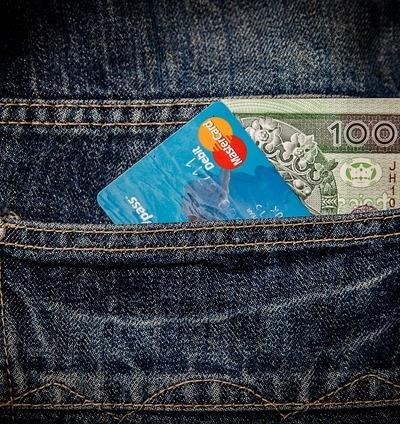
Discovering your credit card has been stolen is a frightening experience. Swift action is crucial to minimize the damage and protect your financial well-being. Here’s a step-by-step guide on how to respond:
1. Immediate Actions
- Cancel your credit card: Contact your bank or credit card issuer immediately. This prevents further unauthorized charges. Explain the situation and request a new credit card. Account recovery may be involved, so be prepared to answer security questions.
- Report to the Police: File a police report. This is essential documentation for disputing charges and for potential insurance claims. Obtain a copy of the report for your records.
- Place a Fraud Alert: Contact one of the three major credit bureaus (Equifax, Experian, and TransUnion) to place a fraud alert on your credit report. This notifies creditors of potential fraud and requires them to take extra steps before opening new accounts in your name.
2; Protecting Your Credit
- Review your Credit Report: Check your credit report from all three bureaus for any unauthorized activity. You are entitled to a free credit report annually. Look for any unfamiliar accounts or suspicious transactions.
- Implement Credit Monitoring: Consider signing up for credit monitoring services. These services track your credit reports for changes and alert you to potential fraud. This proactive approach can significantly aid in early detection of identity theft.
- Security Freeze: A security freeze prevents new credit accounts from being opened without your explicit consent. While this limits access to credit temporarily, it’s a strong protective measure against identity theft. This is a more secure option than a fraud alert.
3. Dispute Unauthorized Charges
- Dispute Charges: Contact your credit card issuer and formally dispute any unauthorized charges appearing on your statement; Provide them with a copy of your police report. They will investigate and remove the fraudulent transactions.
- Financial Recovery: Your bank or credit card company should cover any fraudulent charges under the Fair Credit Billing Act. Keep detailed records of all communication and actions.
4. Long-Term Prevention
Credit card security is paramount. Practice safe online habits, be wary of phishing scams, and regularly monitor your accounts. Learn about cybersecurity best practices to better protect your credit. Understanding data breach risks can help you avoid becoming a victim of credit card theft or identity theft. Remember, proactive measures are key to mitigating risk and ensuring financial recovery. Seeking victim assistance programs can also provide valuable support and guidance. Utilize resources offered by consumer protection agencies to learn more about your rights and available options.
Remember to report fraud promptly and diligently follow the steps outlined above. By taking swift and decisive action, you can significantly reduce the impact of stolen credit card incidents.


A well-structured and informative article that offers practical advice for victims of credit card theft. The advice given is easy to understand and follow, making it accessible to a wide audience. The article effectively highlights the importance of reporting the theft to both the bank and the police, and the steps to take to protect one’s credit are clearly explained. A valuable resource for anyone concerned about credit card security.
This article provides a clear and concise guide to handling the stressful situation of credit card theft. The step-by-step approach, outlining immediate actions, credit protection strategies, and dispute procedures, is highly effective. The inclusion of specific resources like the three major credit bureaus adds practical value. The emphasis on both immediate action and long-term credit protection is commendable.